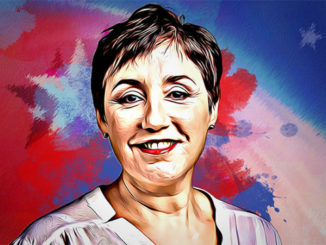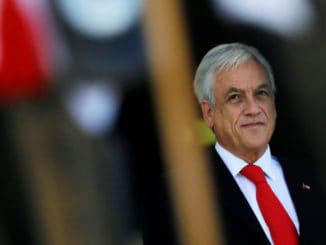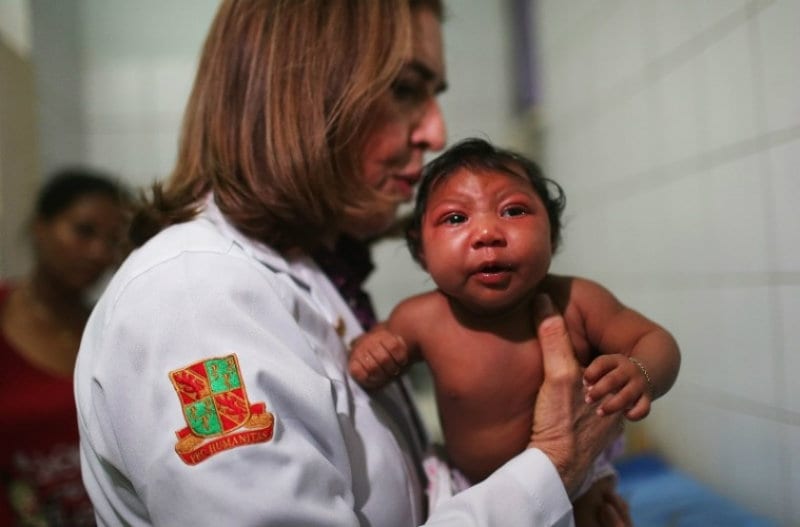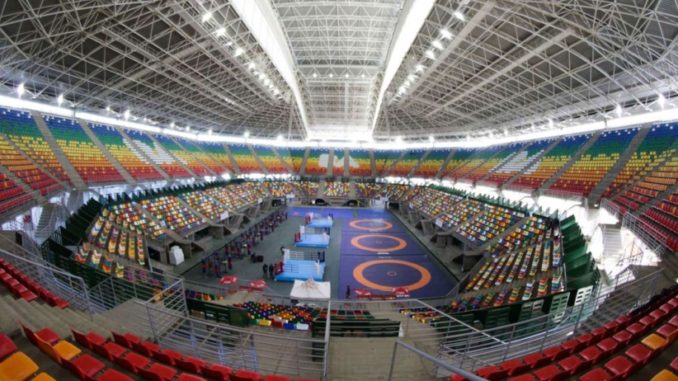
BUENOS AIRES – The third edition of the Summer Youth Olympic Games (YOG) opens on Saturday, 6 October, in Buenos Aires, Argentina.
Over 4,000 ‘Game Changing’ athletes, influencers and young leaders will be in the spotlight for an explosive 12 days of elite competition and innovation.
The world’s best young athletes between the ages of 15 to 18 will be in the Argentinian capital for an event that will feature new sports (breaking, sport climbing, roller sports and karate), and many new disciplines and events such as BMX freestyle, kiteboarding, beach handball, futsal and acrobatic gymnastics, reflecting the passions of the ‘Game Changers’, a new generation of athletes and fans. The YOG will also set a precedent for gender equality with, for the first time in Olympic history, an equal number of male and female athletes among the 4,000 participants competing in 32 sports in total.
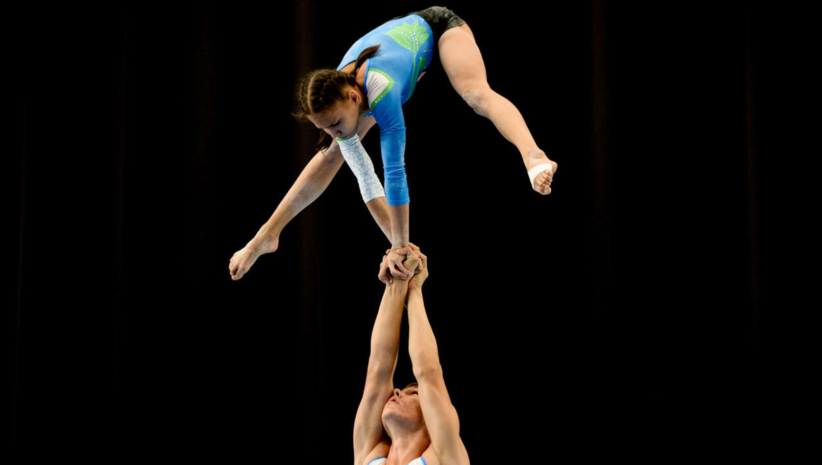
Some of the new sports and disciplines – sport climbing, BMX freestyle, karate – will premiere in Buenos Aires before they feature for the first time at the Olympic Games Tokyo 2020. Other additions to the Games programme in 2020 have been an integral part of the YOG for much longer, highlighting that the event is at the forefront of sport innovation, testing new concepts and creating a lasting legacy for the future.
Basketball 3×3, for instance, is a signature innovation from the first edition of the Youth Olympic Games in Singapore in 2010, and has been added to the programme for the Olympic Games Tokyo 2020. In Argentina, 3×3 will join sport climbing, BMX freestyle and skateboarding (as an exhibition event) at an Urban Park cluster format that will be replicated two years from now in Japan.
Mixed gender events have also been included since the inaugural Youth Olympic Games in Singapore and have earned a place in the Tokyo 2020 sports programme through the triathlon relay, mixed team judo, mixed team shooting, mixed team archery and mixed team fencing.
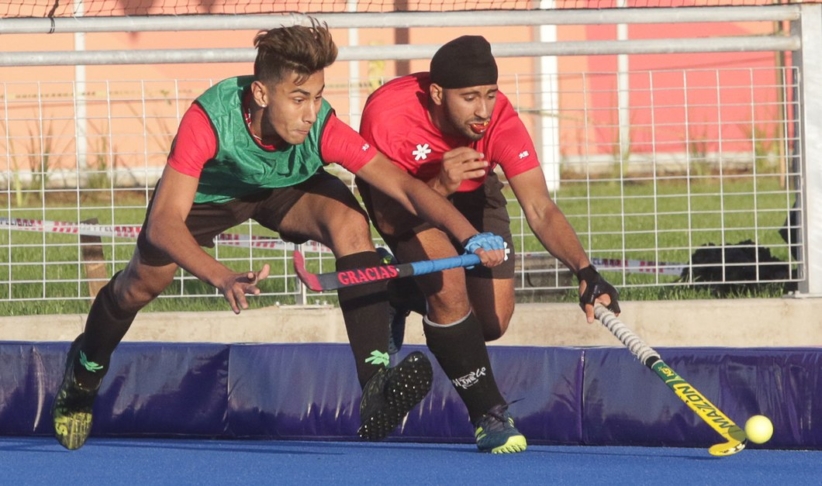
International Olympic Committee (IOC) President Thomas Bach said: “The stage is set for Youth Olympic Games of a new era. We will see here many firsts, not only for the YOG, but for the entire Olympic Movement. We said in Olympic Agenda 2020 that the sport of the future has to go where the people are. So we will also see many activities to try and have the young generation not only watch, but participate and engage in sports. It is a very modern programme, which demonstrates that we wanted to take these Youth Olympic Games as a laboratory for testing new sports, new events and to see how they fit into such an event.
“Buenos Aires is ready. We are also ready for the first time to have the Youth Olympic Games followed by a worldwide audience through the Olympic Channel, which will offer digital live coverage and on-demand video content. We cannot wait for the fascinating Opening Ceremony in the center of this great city, which means a lot to me because I came here for the first time as a young athlete in 1973. To see the Youth Olympic Games in this city is an emotional experience for me.”
An inclusive and ground-breaking event
Competitions at the Youth Olympic Games Buenos Aires 2018 will be spread across four parks to ensure the entire city can enjoy the action. Free access to all sporting events and a whole range of additional activities in a festival atmosphere will be offered at these four major clusters, maximizing the impact in introducing people to sport. Over 600,000 people have registered to receive a Youth Olympic Pass, the electronic bracelet that grants access to the events, and almost 80 per cent of the population of Buenos Aires are eager to attend the YOG according to a recent survey.
To make the YOG more inclusive, a new concept for the Opening Ceremony has been created, also free to all members of the public. For the first time in modern Olympic history, the Ceremony will will be held as a street party-style celebration in the city centre and bring together a large crowd of porteños to celebrate in the Argentinian capital when it takes place on Saturday at the iconic Obelisk monument.
An event by young people
Beyond the athletic competition, the Youth Olympic Games also integrate programmes for people all around the world who want to further engage with sport. Non-athlete participants are integral to the YOG, including Young Change-Makers (YCMs), whose mission it is to support the YOG athletes and inspire their own communities through their experiences to ensure they get the most out of their YOG experience in South America. Eighty-one young people will serve as YCMs at Buenos Aires 2018.
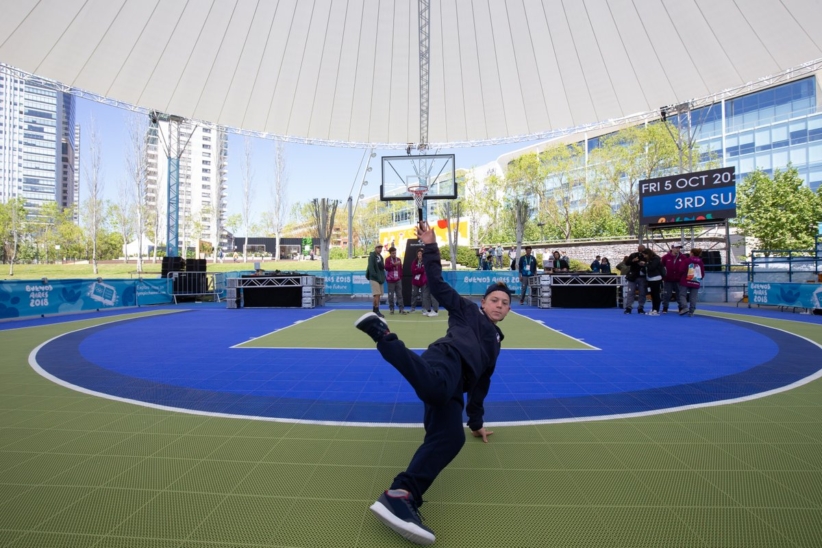
The Game Changers
All of this reflects the Game Changers movement, a new initiative by the Youth Olympic Games that aims to celebrate the power and achievements of this age group through sport and beyond. Athletes are encouraged to share their experiences with their fans via social media and are given the digital tools and opportunities to produce their own content.
Activities available to the public across the city
The International Olympic Committee is committed to promoting sport and physical activity at all levels around the world by implementing programmes and toolkits that provide organizations across the Olympic Movement with the knowledge, understanding and tools they need.
The Buenos Aires 2018 Youth Olympic Games Organizing Committee (BAYOGOC) has put youth engagement and innovation at the heart of the Games. Opportunities to try new sports and activities for free at locations across the city will be available to the public; and 200,000 school children will experience the YOG, all as part of the mission to bring ‘sport to the people’.
Buenos Aires is using the event as a vehicle to link its policy-makers and agencies in the areas of health, sport, education and social development to become one of the first cities worldwide to receive the label of ‘Global Active City’, awarded by the international NGO Active Well-being Initiative. Even before the YOG commence, one million young people will have actively participated in sport and educational activities.
Tangible urban and sporting legacies
The Youth Olympic Games have acted as catalysts for urban development in the southern area of the city. In 2012, the Government of the City of Buenos Aires developed an Urban Development Master Plan for the purpose of improving the quality of life of its citizens and promoting uniform development for all citizens to be completed by 2030. However, the Youth Olympic Games have accelerated the process, and today the city’s District 8 is undergoing a historic urbanization process that includes the Youth Olympic Village, which will be offered as affordable housing for local people after the event, and a Youth Olympic Park that will become a new a world-class high-performance sports center. Moreover, the YOG will represent the largest purchase of high-quality sports equipment in Argentinian history.

